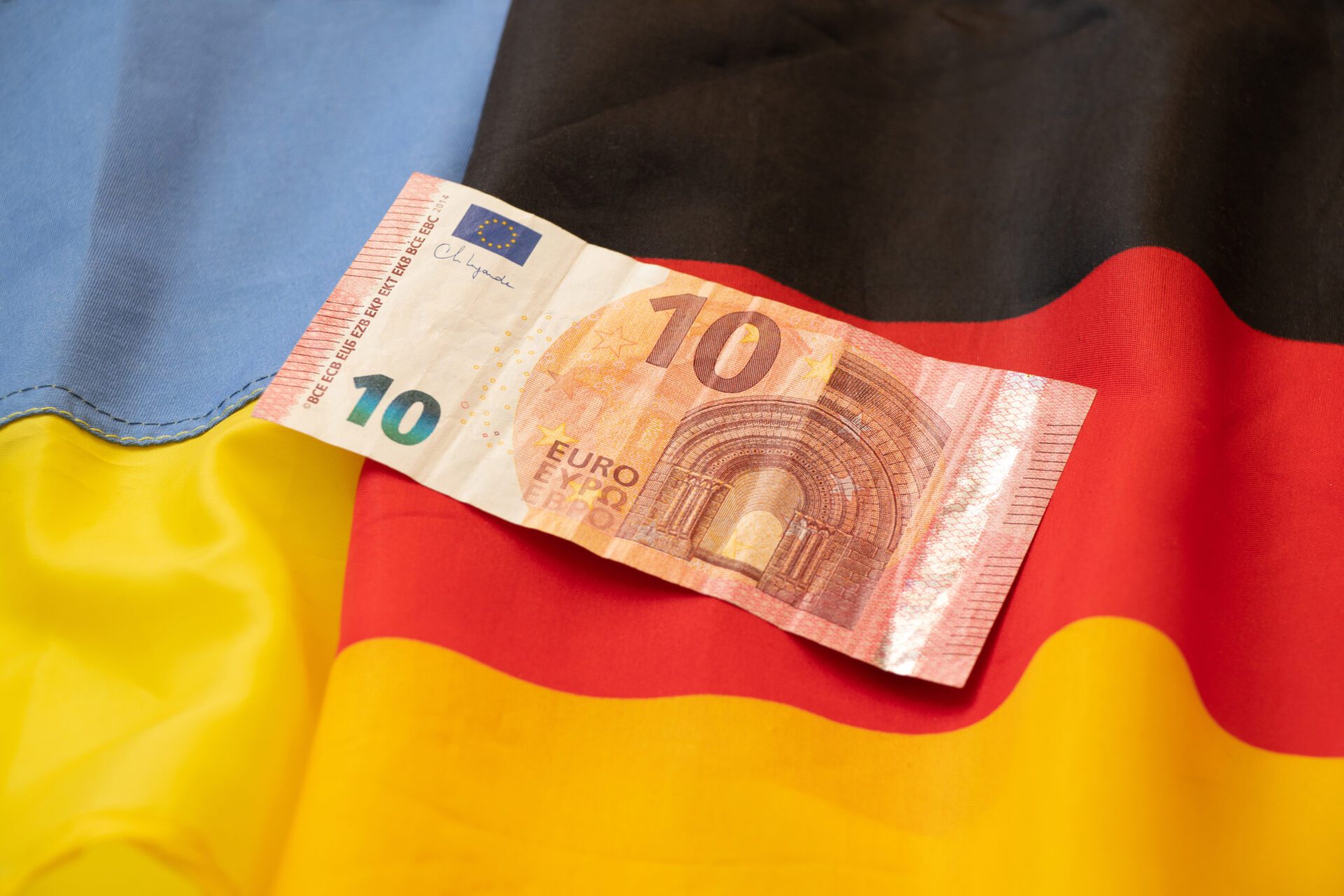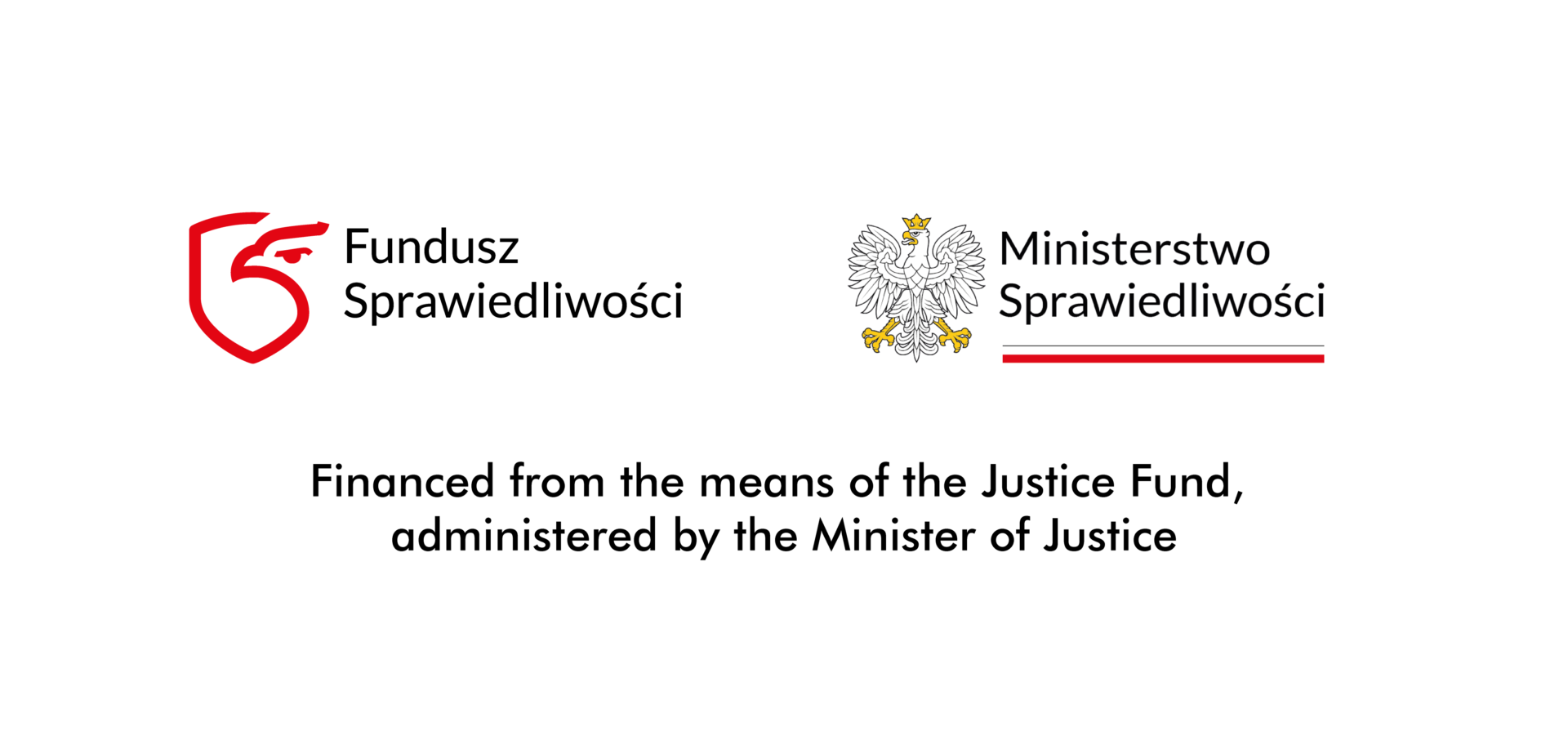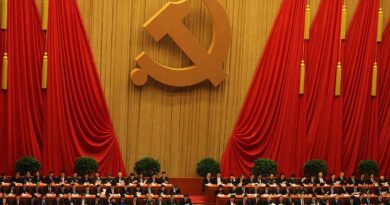Ukraine has to choose whether it wants to be an ally or a resource

The choice is simple: if Ukraine wants to be in the Russian–German bloc, it will be Poland’s enemy. If it wants to be in a bloc with Poland and America, it will be in Poland’s interest to support it.
Rafał A. Ziemkiewicz
The anti-Polish turn in the Ukrainian president’s policy was already noticeable a few weeks ago, but news of the change reached the Polish public only after Zelensky’s words at the UN General Assembly in New York. Unfortunately, it brought out all that is worst in our public debate: the confusion of politics with emotional and social life, and hysterical jumping from love to hate. Some treated Zelensky’s return to his predecessors’ policies in terms of dark ingratitude, while others felt malicious “I told you so” joy. The most legitimate and necessary conclusion, that in politics one must always have a “plan B,” was not heard.
I am far from both the romantic dreams of “brotherhood in defense of freedom” and gratitude in politics, and the malcontent’s attitude that would have us stay away from everyone and everything, just in case, because we are sure to be fooled again.
Writing in my book Wielka Polska (Great Poland) about the benefits of an emerging geostrategic alliance with Ukraine, I tried (successfully, I believe) to point out specific rationales making such an alliance possible, necessary, and optimal for our two countries.
Since the premise of the book was to set goals that we should fight for and not to give instructions for current politics, I did not focus on formulating a “plan B.” This does not mean, however, that I do not see one.
I must admit that, after Germany’s treatment of Ukraine in 2022 brutally demonstrated what Germany’s immutable interests in the East are and what role the Ukrainian state plays in them, I did not think that Zelensky’s team could completely ignore this lesson after only a year or so and return to the policies of Yanukovych and Poroshenko. These are the very policies that opened the way for Russia’s creeping and then full-scale aggression.
But it is what they did. The sacrifices made by the people there have not changed the fact that Ukraine remains a former Soviet republic: it is corrupt and rigged and it is ruled by shifting alliances of oligarchs. We Poles should not resent the Ukrainians for this, having managed to change a similar state of affairs at home, and having done so incompletely, only a quarter of a century after we formally regained independence from Soviet Russia. Yet the Sovietization of the Polish People’s Republic was not at all comparable to that of the Ukrainian SSR.
The German plan for Ukraine
My editorial colleagues at Do Rzeczy have already written a lot about most aspects of this unfortunate situation, and there is no need to go through these again. That Ukraine’s decision is dictated by a narrow group of oligarchs who put their interests above their country’s development prospects, disregarding the strategic divergence between the interests of Ukraine and Germany, is something which has been well explained.
However, it is worth setting out the fundamental reasons behind Zelensky’s pro-German turn.
To understand them well, one has to think of Germany’s interests, which are to save its international position and, as Chancellor Scholz openly announced, “take full responsibility for Europe.”
Events in the East have undercut basic German advantages: access at cheap non-market prices to Russian energy and chemical raw materials, the ability to use cheap slave labor in China for production processes (by producing semi-finished products there), and the transfer out of the European Union of the “dirty” economy, that is, high-carbon industries.
The plan to tighten the noose of “zero-carbon” around the neck of all of Europe only made sense in conjunction with a switch of Europe’s energy industry to Russian gas: natural gas for now, and eventually hydrogen (producing hydrogen from natural gas or coal results in huge CO2 emissions, so it cannot be done in the European Union, with its world’s best “climate goals”).
The moment imports stopped, Germany began to suffer from its own weapons. Soaring energy prices hit the foundations of German economic strength, which are a combination of mass production, decent quality, and low prices.
The second problem with the German economy, which is unrelated to the war in the East, is a shortage of labor. The basic premise of migration policy was the notion that offering migrants a “Western” standard of living through social benefits would motivate them to join the “rat race,” and this has proved misguided.
All three needs – raw materials, cheap labor, and room for the “dirty” part of the German economy – can be more or less met by using Ukraine’s resources.
Already, Germany has done a lot to attract masses of Ukrainian refugees from Poland, with partial success. Ukrainians are indeed moving to Germany in large numbers and bringing their families, but so far less than half of them have taken jobs there. The rest, like the immigrants from the south, are content with the absurdly generous German welfare system.
Thus, the German plan for Ukraine is drawn as a specific version of the “nearshoring” that is popular in the Western world today: it is to be a closer substitute for China, providing raw materials and labor as well as taking in “dirty” industry (for example, the gasification of Ukrainian coal). The latter, in particular, is an offer that is particularly attractive to Ukrainian oligarchs.
Taking this into account, elementary logic suggests that Ukraine is only valuable to Germany if it remains outside the EU.
Promises to bring Kyiv into the EU in exchange for submission are just a cynical game. In German Europe, Ukraine at best faces the prospect of sharing Turkey’s decade-long status of perpetual candidate.
However, by stoking Ukrainian aspirations, Germany gains an argument to “deepen integration,” that is, to centralize the EU under its authority. This plan, in turn, is particularly important for Berlin and to the Eurocrats as a way of “escaping forward” against growing problems.
In addition to membership of the European Union, Germany is also baiting Ukraine with support for its NATO membership.
The key to this is really in the hands of the Americans, who do not see a rapid expansion of the Alliance as being in their interest, and the truth is that the Germans themselves are not too keen on having Ukraine in NATO either.
The idea of Kyiv joining the alliance after a victorious war stems from the common-sense belief that it will not be possible to attract capital to rebuild and develop Ukraine unless it has security guarantees from Russia.
But it can be assumed with a high degree of certainty that the Germans expect somehow to come to terms with a post-war Russia concerning their presence in Ukraine and the security of the investments made there. It is worth noting that the Germans do not envisage the possibility of Russia being defeated and brought to its knees, something the Poles took for granted.
A deal with Russia is the sine qua non of the fabulous sums promised by the Germans to Zelensky for future reconstruction.
Return to Moscow
For this reason, surrendering Kyiv to Berlin must mean surrendering it, albeit indirectly, to Moscow as well. For Germany, which cannot imagine its power otherwise than in the Bismarckian paradigm, Russia will certainly be an important partner, if not forever, then for a long time to come. Russia remains a partner for the Germans, whereas Ukraine is just a resource they want to use.
There is no place in this plan for Poland as a strong player: we Poles must be marginalized. This is exactly what Zelensky has to offer Scholz at present. Ukraine has appeared in German political thought solely to prevent Poland from regaining the weight it had before its partition at the end of the 18th century.
Having parted from Russia, Ukraine’s only use for Germany is thus to limit Poland’s growth. This has become a particularly pressing need now that we are hearing from an increasing number of German sources about the Germans’ growing amazement at the pace of our economic growth.
When Ukraine regained its independence, its GDP was higher than Poland’s. In 2021, before Russia’s “full-scale” onslaught, Ukraine’s GDP was five times smaller than Poland’s. This is the price the country is paying for its post-Soviet, mafia-oligarchic economy, the structural weakness of the state, and the lack of a true political elite guided by the national interest rather than the selfishness of a privileged class.
Since the war froze the Ukrainian state along with its pathologies, there is little hope for rapid change in this regard, and one still has to take into account the “mafia tax” there, that is to say, how much of Ukraine’s national income leaks out of the country and in no way serves its development.
Meanwhile, according to official forecasts from the Davos Economic Forum, Poland’s GDP is expected to continue to grow at an impressive rate and reach a trillion dollars in the next five years (it is currently around 650 billion, so we are talking about a one-third increase). Such predictions may keep German leaders, who are subject to the overwhelming influence of the industrial lobby, awake at night.
So Germany has a “plan A” and a “plan B” on this issue, as on any other. Plan A is the “Renzi variant,” that is, as the Union once did with Italy, replacing the government in Warsaw with a less efficient one, or at least creating such political chaos in Poland that after the elections the government will not be able to form, or if it does form, to govern.
Plan B is to push Poland out of the EU by presenting it with a choice: obedient entry into Europe’s Fourth Reich, or death. Personally, I gather from various small signs that the divorce papers for Poland are already drawn up in Brussels, and leaders there are waiting to see how things develop before sending them.
The Polish perspective
Where should Poland look for answers to the “Poroshenkization” of Ukraine?
First of all, as the Polish saying tells us, a monastery lasts longer than a prior. The Ukrainian state is currently “frozen” by war, but at some point, discontent with the status quo is bound to erupt. Perhaps in a civilized form, in a dramatic electoral turnaround comparable to Poland’s 2005, when nearly 80 percent of the vote was won by parties contesting the Round Table Agreement that ended communism, or perhaps in the form of a new Maidan, this time much better armed and trained, as the potency of disgruntled veterans after a war is already well known and described by history.
I do not know anything about the political views of Ukraine’s senior officers, but the army by its very nature is bound to follow the interests of the country, so it cannot be ruled out that it will become the force that breaks the domination of the mafia and oligarchy.
I once described in the Do Rzeczy weekly how the Germans, with the help of “soft power” and hard currency, built their party in Poland in the first decade of post-communist transition, using the tools of both “respectability distribution” (for instance, virtually all writers at the time lived off German scholarships and prizes) and “civil society” (the French recently described this mechanism, using the specific example of how their nuclear power industry was attacked with German money).
We are doing nothing of the sort in Ukraine, when we should be investing precisely in presenting to its public the choice they are faced with, and not just in “welfare” for refugees, for which they may or may not be grateful.
And this choice is simple: if Ukraine wants to be in the Russian–German bloc, it will be Poland’s enemy. If it wants to be in a bloc with Poland and America, it will be in our interest to support it. (I assume that the strategic interests of the US are too divergent from those of Germany for the latter to maintain its role as America’s main partner in Europe.)
As long as we do not have certainty about this, and the Ukrainians do not take irreversible steps proving their choice to act as a sovereign state rather than becoming a simple German subcontractor, we must strictly calculate our moves towards Ukraine and limit our support for our eastern neighbor only to situations where it pays off for us.
The principle should be simple: either you will be our ally, or, like everyone else, we will treat you only as a resource to be exploited.
This article was first published in Polish in the Do Rzeczy weekly in October 2023.




